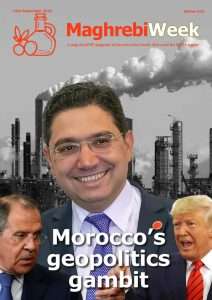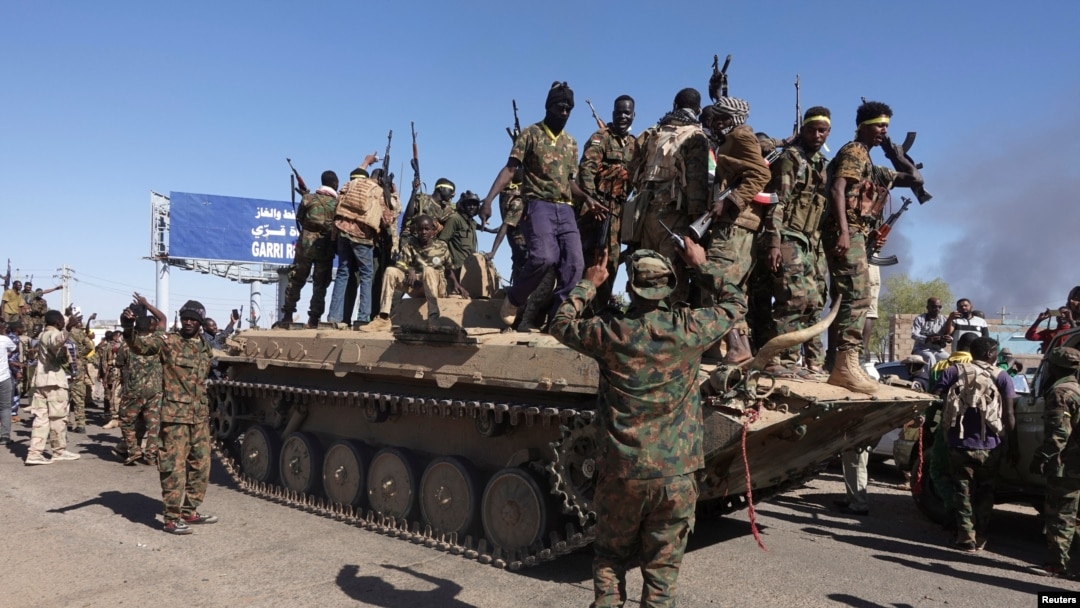Netanyahu wants Israel to be “Super Sparta”, eyes arms boost

As Arab and Islamic leaders gathered in Doha to discuss a response to Israel’s attack on senior Hamas officials, Israeli Prime Minister Benjamin Netanyahu announced in Jerusalem that Israel is approaching an ongoing war, as reported by Middle East Eye on September 18th.
Netanyahu told a domestic economic forum that Israel must become a “Super Sparta,” producing its own weapons and cutting bureaucracy to sustain an endless war. He acknowledged that boycotts from Western Europe are mounting, but dismissed them as the product of Arab and Muslim immigration and also spoke of anti-Israel “propaganda” from Qatar and China. Far from offering conciliation, his remarks suggested that Israel will tighten its siege of Gaza and push towards economic autarky, even at the cost of global isolation.

The speech came as quiet mediation attempts are underway. Egypt has proposed a 60-day Gaza ceasefire which Hamas accepted which would include the exchange of prisoners and hostages. Cairo views the deal as essential to restoring regional stability and preventing a wider humanitarian disaster—precisely the kind of diplomacy Netanyahu’s vision seems to sideline.
Meanwhile, Algeria’s president Abdelmadjid Tebboune delivered an unusually forceful warning for Israel. He condemned Israel’s bombing of a state hosting peace talks as an attack on all Arab and Islamic nations and urged “deterrence and punishment” for any violations of international law. His words captured a growing sense that Israel’s actions threaten not just Palestinians but the sovereignty of neighbouring states.
Outside the region, criticism is intensifying. A United Nations Commission of Inquiry has concluded that Israeli officials have committed genocide in Gaza, citing widespread killings, forced displacement, and the destruction of civilian infrastructure.
An analysis piece from The Guardian published on September 16th, noted that Netanyahu’s economic proposals—prioritising domestic arms production and reducing foreign trade—have already rattled Israelis.
What’s more, in Gaza, Israeli forces continue an intensive offensive, with many civilians displaced and basic services collapsing. Arab leaders fear that a long war could destabilise their own states, even as some governments quietly maintain security ties with Israel.
Middle East Eye, Maghrebi.org, Reuters, The Guardian
Want to chase the pulse of North Africa?
Subscribe to receive our FREE weekly PDF magazine













